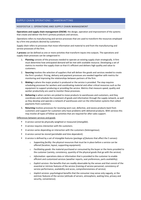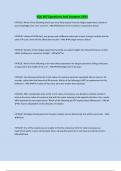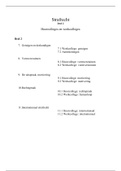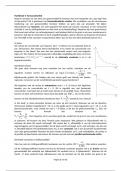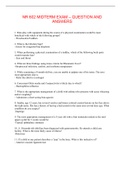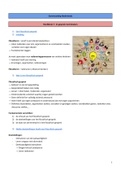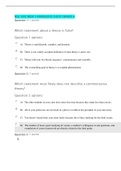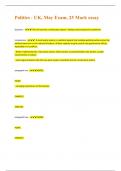Samenvatting
Summary Poetry - "The Sun Rising" IEB Matric English
- Vak
- Instelling
These notes come from myself, who passed matric of 2023 with an overall average of 87% in each subject i took. A detailed summary of the poem "The Sun Rising" for the IEB English exam
[Meer zien]




